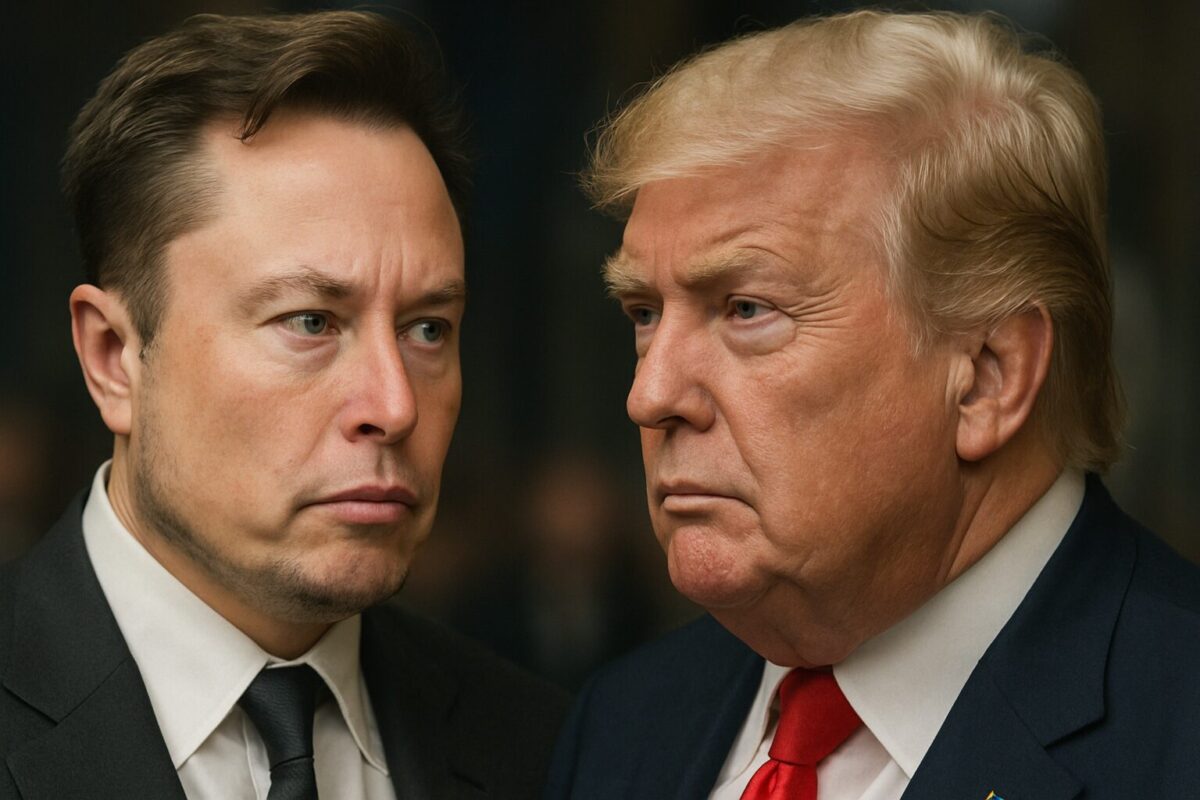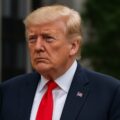
Elon Musk Publicly Opposes Trump for the First Time Over "Disgusting" Budget Bill
June 2025 marked a moment that was hard to imagine just months ago. Elon Musk — tech magnate, owner of X (formerly Twitter), founder of Tesla and SpaceX — publicly criticized Donald Trump. Not just a disagreement, but a clear break: Musk called one of Trump’s flagship legislative initiatives a “disgusting obscenity.” The White House didn’t stay silent for long, though Trump himself did not respond — his press secretary, Karoline Leavitt, delivered the official comment.
What’s behind this clash? And why does the bill, which Trump himself calls the “One Big Beautiful Bill,” provoke such a sharp response?
What is this bill?
Trump’s initiative is a sweeping legislative package aimed at reforming U.S. tax policy, increasing infrastructure and defense spending, and cutting back on social programs. It combines several directions:
- Tax incentives — especially for businesses, small enterprises, and domestic manufacturing.
- Increased federal spending — primarily for the military, energy, and highways.
- Cuts to social programs — reductions in Medicare, Medicaid, and various subsidies.
- Political slogans — promises of a “leaner government,” “less bureaucracy,” and “more control to the American people.”
At first glance, the logic seems clear: stimulate the economy, reduce dependency. But the numbers tell a different story — and explain why Musk, among others, sees this bill as dangerous.
What’s the problem?
The bill proposes a major increase in spending — without a clear plan for how to fund it. In fact, it simultaneously calls for tax cuts.
The result: according to the Congressional Budget Office, the national deficit could rise by \$2.4 trillion over the next decade. That’s on top of a federal debt that already exceeds \$34 trillion.
This is what angered Elon Musk, who wrote in a public post: “I can’t take this anymore. It’s a disgusting obscenity.” His frustration isn’t just emotional — it’s rooted in principle. An economy cannot function in permanent deficit mode, especially when the country is also gearing up for new global tensions — particularly with China.
Politics or economics?
The bill appears tailored as a campaign message. Trump is signaling: big projects are back, jobs are coming, taxes will fall, and we’ll rely less on China. That plays well in industrial states.
But critics argue it’s unbalanced political PR — one that risks hitting the middle class, widening inequality, and shaking global confidence in the dollar.
Elon Musk is no liberal. He supports lower taxes and market-driven solutions. But he opposes chaos. And that’s how he sees this bill — reckless, irresponsible, and a risk to long-term stability.
Relevant
Trump’s response — through a spokesperson
After media attention surged, Trump’s press secretary Karoline Leavitt issued a brief statement:
“This does not change the president’s position. This is one beautiful bill, and he stands by it.”
That only highlighted the divide. For the first time, two of the most influential figures in the Republican camp — Elon Musk and Donald Trump — stand on opposite sides of a key strategic line. One speaks of limits, the other of emotional victories at any cost.
What does this mean for the U.S.?
This isn’t just a rhetorical exchange. It reveals internal strain even within conservative ranks. Today’s Republican Party is not a monolith — it’s a coalition of tech leaders, traditional voters, nationalists, financiers, and the defense lobby.
This bill exposed the fractures. Even long-silent figures are now willing to speak out.
The U.S. now faces a choice: short-term economic stimulus at the cost of rising debt, or a slower but more stable development path. Trump’s bill offers no middle ground. And Elon Musk went public because, in his view, silence is no longer an option.
For some, this is political drama. For others, it’s a warning — that the real battle in America isn’t just for power, but for responsibility. Who wins will depend not only on voters, but on who dares to speak the truth when it matters most.















